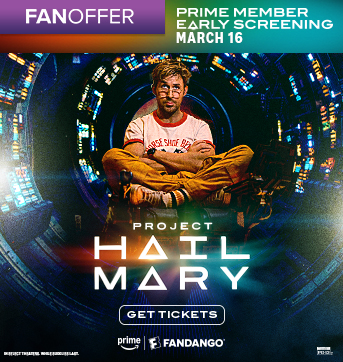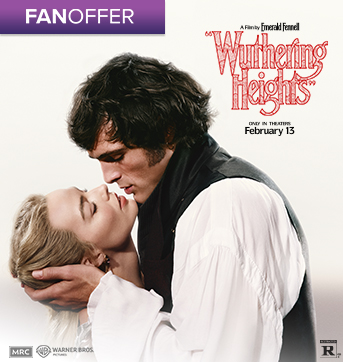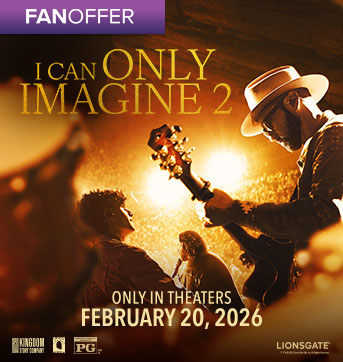March is Women’s History Month, and we're celebrating by showcasing women of the past and present, whether real or fictional, who have made a difference in movies and television. They might be pioneering filmmakers or trailblazing critics or iconic heroes on screen. All of them are worth not just remembering but also appreciating continuously, carrying forth their legacy.
History is not made up of isolated events and singular figures. It’s an ongoing thread of the important dates and persons who further affect and influence the events -- and the people that come afterward. Therefore, in addition to sharing a number of lists of memorable women who’ve worked or appeared in film and TV, the team at Rotten Tomatoes is also spotlighting three contemporary women filmmakers as they recommend classic and recent movies and series made by women that have inspired and shaped them as artists.
In addition to visiting the Women’s History Hub at Rotten Tomatoes (a.k.a. the Film Herstory Hub) and queueing up any of the curated titles to watch on Vudu, check out some highlights below from the Filmmaker Select profiles on Gina Prince-Bythewood, Alma Har’el and Issa López and the movies and series that they’ve chosen to endorse for Women’s History Month.
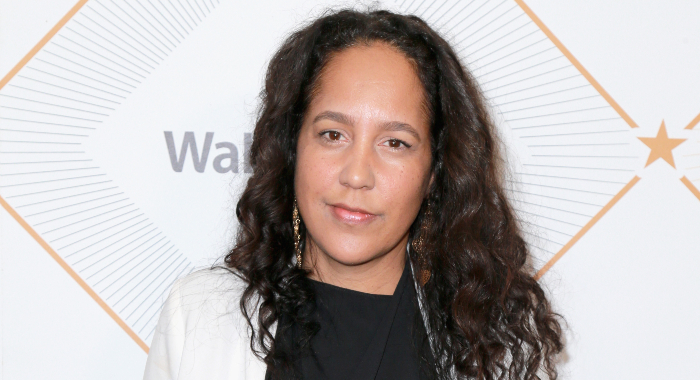
Where you know her from: Gina Prince-Bythewood is an award-winning writer and director who broke out in 2000 with the romantic sports drama Love & Basketball. More recently, she's worked on the Marvel series Cloak and Dagger and helmed the hit comic book movie The Old Guard for Netflix.
What she’s working on next: Prince-Bythewood is currently prepping to direct The Woman King. The historical epic will star Viola Davis as the last general to lead the Mino, a.k.a. the Dahomey Amazons, an all-women African military unit that partly inspired Black Panther’s Dora Milaje warriors.
Some of her favorite women filmmakers: Kasi Lemmons (Eve’s Bayou), Dee Rees (Pariah), Kathryn Bigelow (The Hurt Locker), Euzhan Palcy (Siméon), Tina Mabry (Mississippi Damned), Nia DaCosta (Little Woods), Radha Blank (The Forty-Year-Old Version) and Channing Godfrey Peoples (Miss Juneteenth).
Why she includes Channing Godfrey Peoples’ Miss Juneteenth in her recommendations: “The movie took me into a world that I had no idea existed. There are a couple of scenes in there that are devastating to watch in the best way…I just think Peoples created something special.”
Her hope for the future of women in film: “More Black women in the director’s chair…Hollywood needs to understand that we all bring something different, that we are not a monolith. We don’t all share the same experiences, so we need women who are bringing different things, in different genres, to the table.”
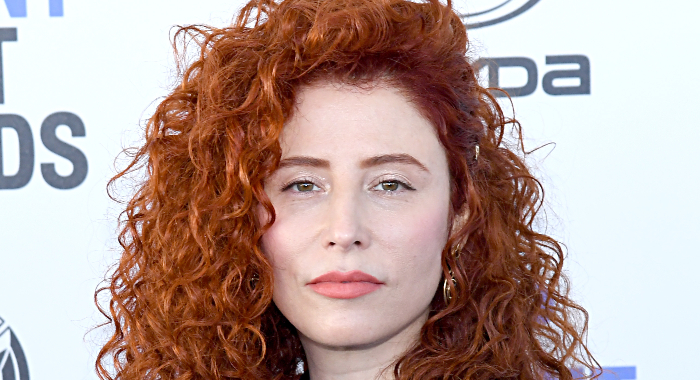
Where you know her from: Israeli-American filmmaker Alma Har’el received tremendous acclaim in 2019 for directing Honey Boy, her narrative feature debut, which stars and is loosely based on the life of Shia LaBeouf. Prior to that, she helmed the stunning, dreamlike documentary Bombay Beach as well as music videos for such bands as Beirut and Sigur Rós.
What she’s working on next: While Har’el’s own future directorial endeavors are unknown, she continues to support underrepresented creators through her nonprofit Free the Work (formerly Free the Bid), which began as a push for the hiring of women directors in the advertising industry and has since expanded to promote overlooked voices in all aspects of filmmaking.
Some of her favorite women filmmakers: Shannon Murphy (Babyteeth), Céline Sciamma (Portrait of A Lady on Fire), Clio Barnard (The Arbor), Julia Ducournau (Raw), Karen Yedaya (Or, a.k.a. My Treasure), Michaela Coel (I May Destroy You), Eliza Hittman (Never Rarely Sometimes Always) and Lynne Ramsay (You Were Never Really Here).
Why she includes Lynne Ramsay’s Ratcatcher in her recommendations: “Ratcatcher is such a seminal movie to so many of the filmmakers that I know…There was something about [it] that literally opened my mind to what’s possible in terms of getting into somebody’s head and mood and feelings through watching the screen. It’s just a film that I’m sure informed so much of what I did in Bombay Beach and a lot of my work.”
Her hope for the future of women in film: “I think it’s really interesting to see now how over the years moving forward, we’re going to have more and more women behind the camera and as directors. I wonder what it’s going to do to the world’s consciousness. Because we’ve gotten so used to digesting reality through male consciousness.”
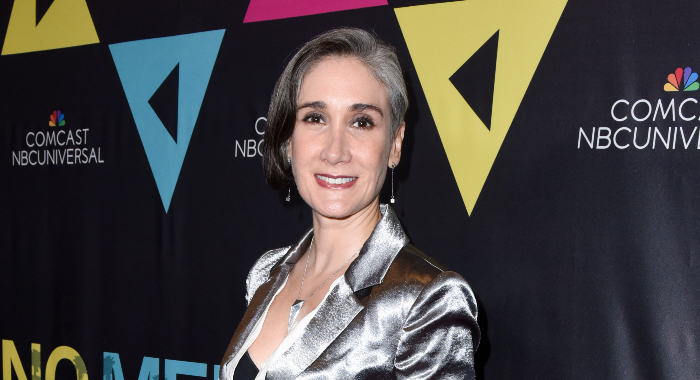
Where you know her from: Mexican writer and director Issa López recently broke out with her 2017 horror film Tigers Are Not Afraid, which released in the US in 2019, and followed it with the 2018 comedy Todo Mal. Before making her own films, she spent many years writing for Mexican TV shows, including telenovelas.
What she’s working on next: López currently has a number of projects on her plate, including a boarding school-set horror film for Blumhouse; a werewolf Western to be produced by Guillermo del Toro; the short story adaptation The Book of Souls, which is about a world in which some babies are born without souls; and a film involving children called A Girl with a Thousand Names.
Some of her favorite women filmmakers: Chloé Zhao (Nomadland), Ana Lily Amirpour (A Girl Walks Home Alone At Night), Coralie Fargeat (Revenge), Mati Diop (Atlantics), Kathryn Bigelow (The Hurt Locker) and her former first AD who is now a director, Hiromi Kamata (Selena: The Series).
Why she includes Kathryn Bigelow’s The Hurt Locker in her recommendations: “The Hurt Locker, for me, is really one of the best movies that I’ve seen. It’s, for me, top 10, that movie. It’s at the same time a character study, it’s a study of political conflict, of imperialism, of the seduction of violence, and it keeps you on the edge of your seat. It’s just amazing.”
Her hope for the future of women in film: “I think we’re seeing it in [this year’s] awards season, and you can take it seriously or not, but it is a signal of something…You’re going to see a lot of women filmmakers in a way that you didn’t see even a couple of years ago. And I think that part of it is the awareness that started in 2017, which is the year I opened Tigers. And the awareness of how an entire industry had been brutally, not only unfair, but punishing for the entire female part of it.”



